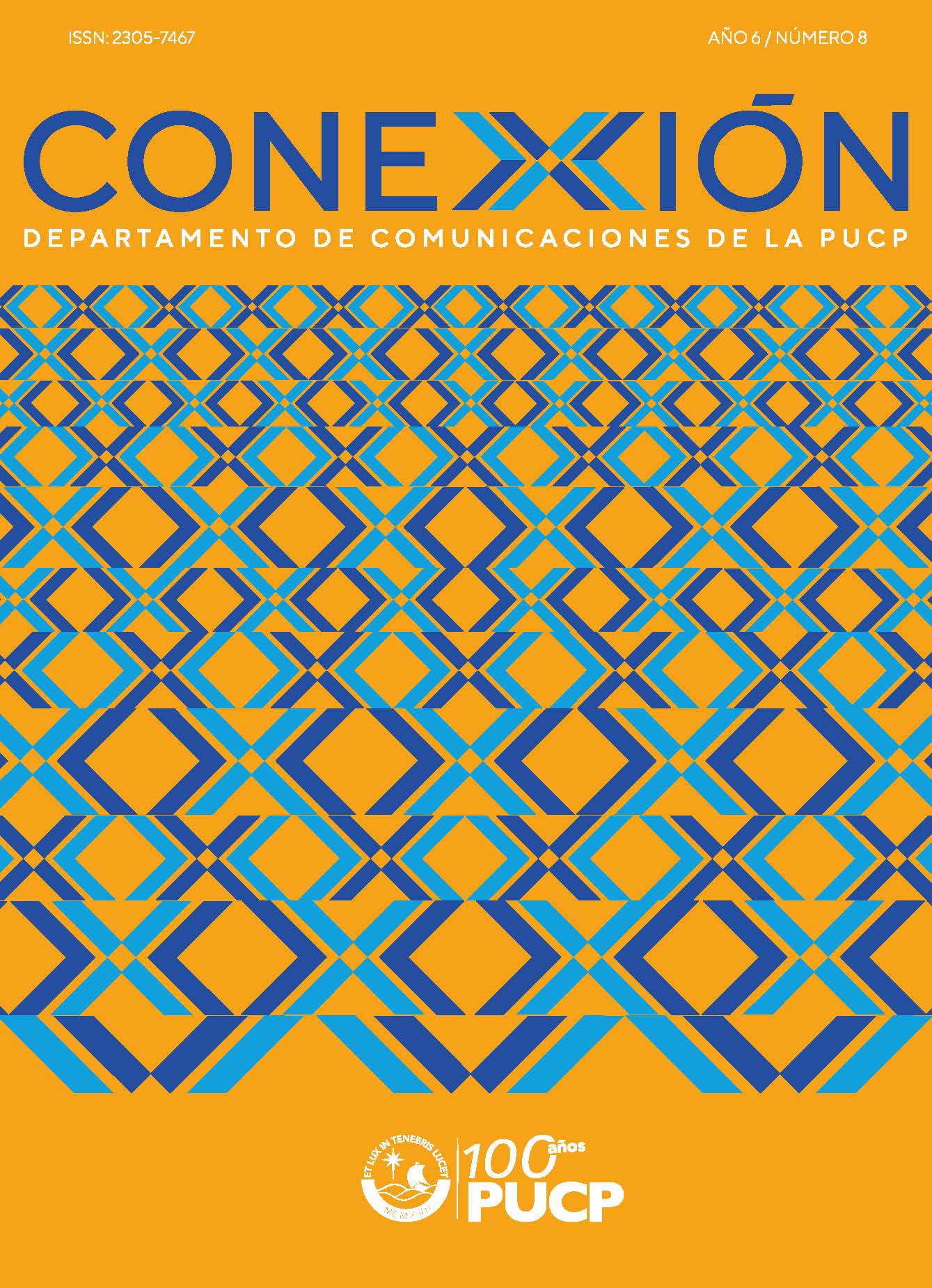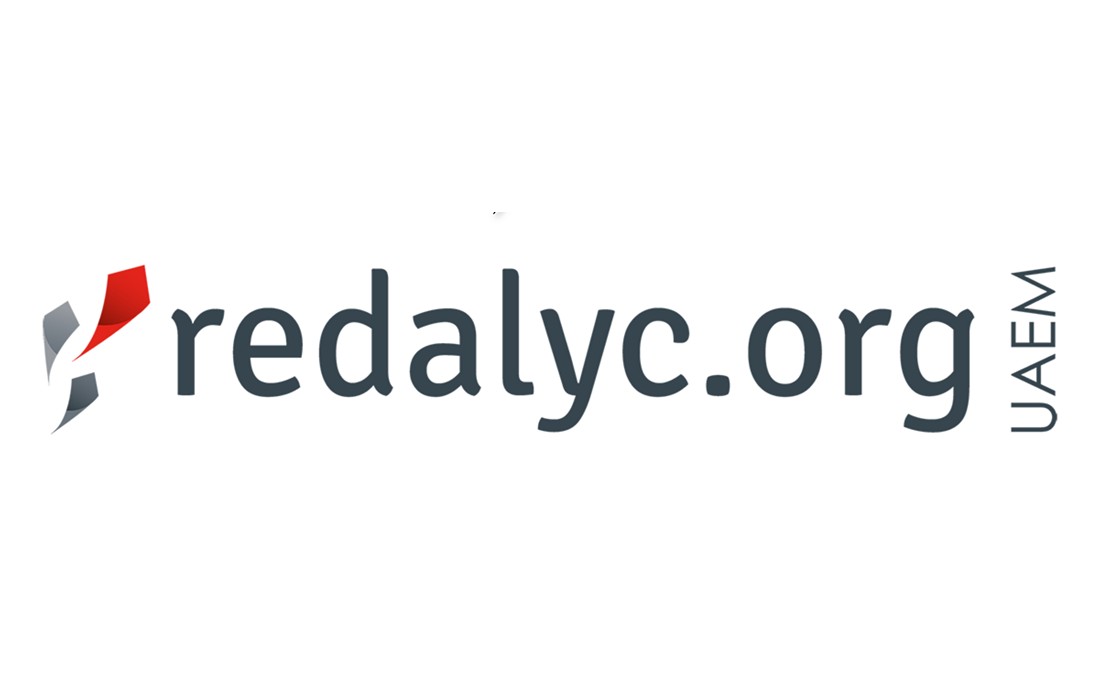Discursos ambientales: Análisis de la modernización ecológica en ciudades modernas
DOI:
https://doi.org/10.18800/conexion.201702.001Palabras clave:
Modernización ecológica, Desarrollo sostenible, Discurso ambiental, Ciudades modernas, Economía circular, Protección ambiental, Innovación tecnológicaResumen
La modernización ecológica es un paradigma y un discurso ambiental que promueve el desarrollo sostenible de las ciudades, considera que el crecimiento económico y la protección del ambiente no son opuestos e incluye la protección ambiental en la estructura social, económica y gubernamental existente (status quo). El objetivo de la modernización ecológica es el desarrollo de nuevas tecnologías y sistemas para gestionar los impactos ambientales. Sus ventajas consisten en mayor involucramiento de la sociedad y el desarrollo de nuevas prácticas como Mecanismos de Desarrollo Limpio (MDL) o ecología industrial, lo que genera una situación de beneficio tanto económico como ambiental. Sin embargo, se dice que esta teoría no considera todo el contexto del problema y es muy optimista en cuanto al desarrollo de tecnologías y la adopción de las mismas en la comunidad. La modernización ecológica es un discurso ambiental que ha ayudado a las ciudades modernas a adoptar prácticas ambientales; sin embargo, las soluciones deben ser holísticas.
Descargas
Descargas
Publicado
Cómo citar
Número
Sección
Licencia
Derechos de autor 2018 Conexión

Esta obra está bajo una licencia internacional Creative Commons Atribución 4.0.















